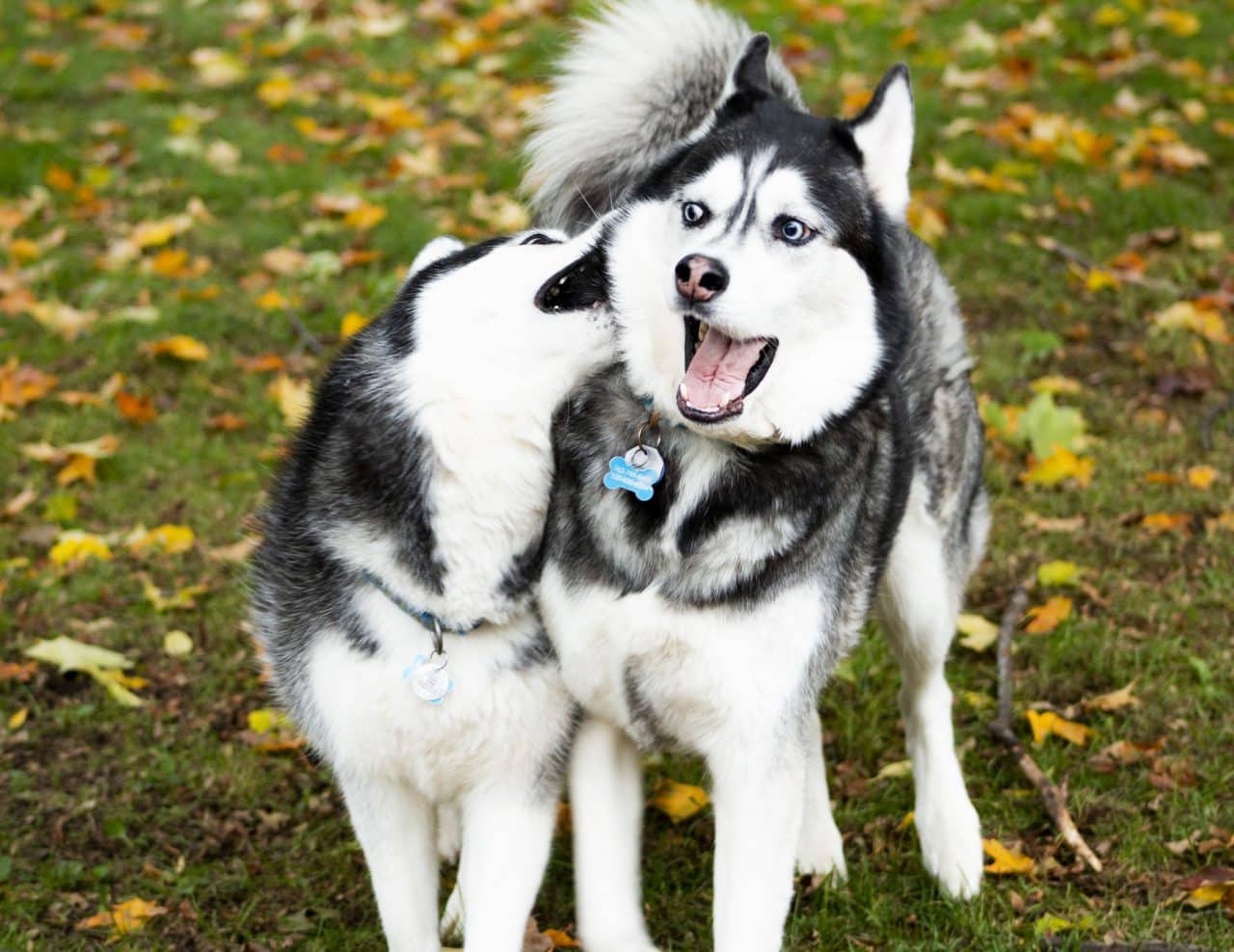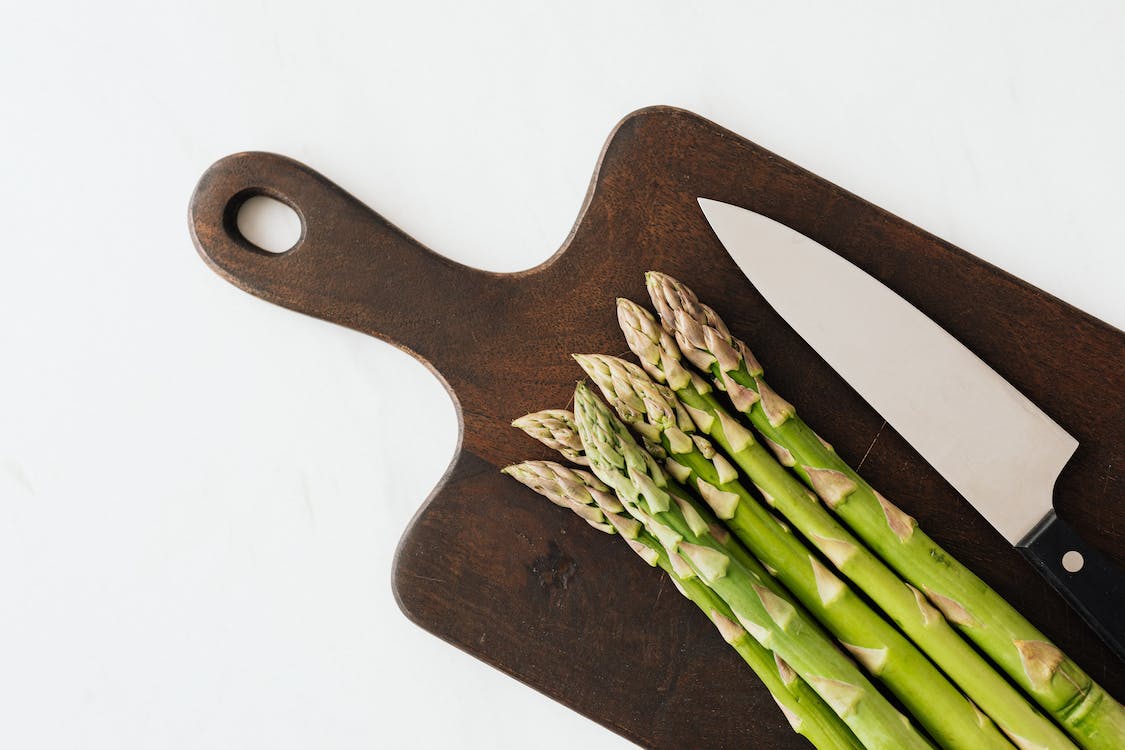The energetic, athletic Siberian Husky has some unique nutritional needs to perform at their best. An optimal diet provides the protein, fat, and nutrients this breed requires while avoiding troublesome ingredients. When selecting a food, Husky owners must consider activity level, age, and health status to choose the ideal formula. In this comprehensive guide, we reveal the best practices for feeding Siberian Huskies to provide stellar nutrition, sustain energy, and support lifelong health.
Key Nutrients for Siberian Huskies
The Siberian Husky’s origins as a sled dog bred by the Chukchi people gave them heightened nutritional needs for performance and endurance. Key dietary considerations include:
High-Quality Protein
Huskies require ample protein from sources like chicken, turkey, lamb and fish to build and maintain lean muscle mass. Adults need a minimum of 18-22% protein.
Healthy Fats
Omega fatty acids found in fish, canola oil, flax and walnuts provide concentrated energy. They also promote skin and coat health. Look for omega-3s and -6s.
Complex Carbohydrates
Slow burning carbs like brown rice, barley and sweet potatoes help fuel activity and meet high energy demands. Limit simple carbs that spike blood sugar.
Micronutrients
Vitamins and minerals like iron, B vitamins, zinc, copper and calcium support metabolic function, immune health, joints and energy production.
Digestibility
Highly digestible formulas ensure efficient nutrient absorption. Limited ingredients and grain-free foods can benefit dogs with sensitivities.
Hydration
Ample fresh water prevents dehydration. Broths and water mixed into food also supply fluids.
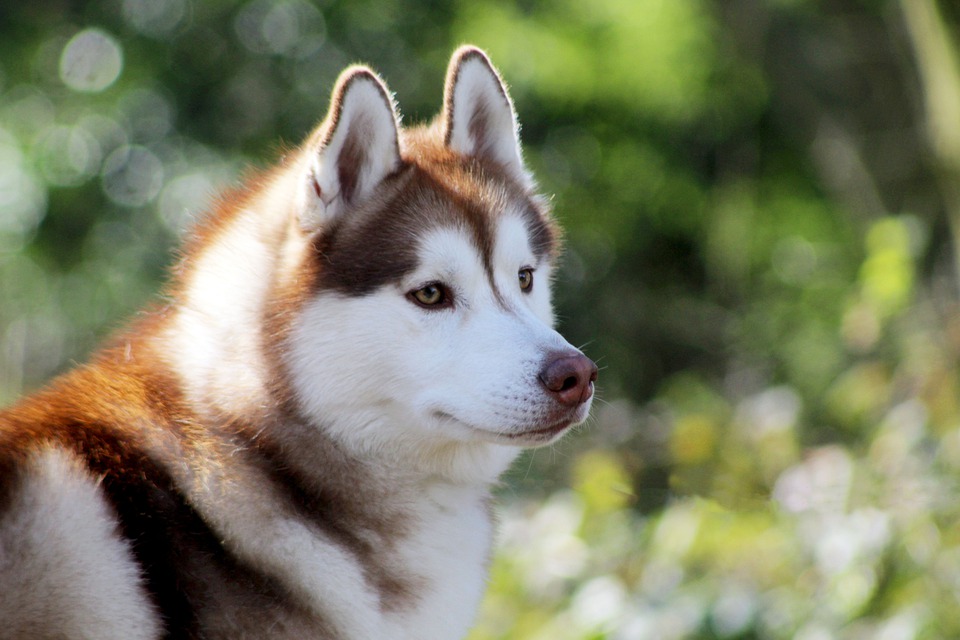
Ingredients to Avoid for Huskies
Just as important as including healthy nutrients is avoiding problematic ingredients like:
- Corn, wheat, soy – common allergens
- By-products – poor protein sources
- Artificial colors and flavors
- Excess fillers that lack nutrients
- Too much calcium – risks bone issues
- Sugars and salt
Puppy Husky Diets
Husky puppies need specialized nutrition for growth and development:
- 22-25% protein minimum
- DHA for brain, eyes and nerves
- Higher fat for energy
- Calcium and phosphorus for bone health
- Supplements like glucosamine
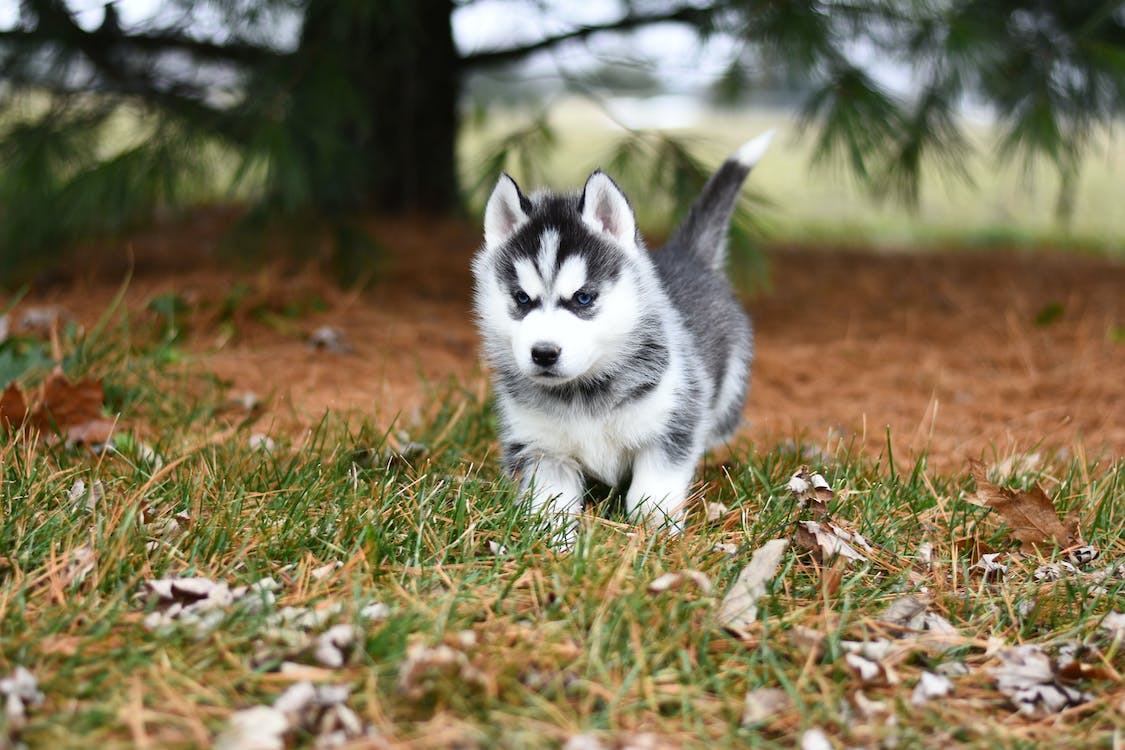
Best Commercial Dog Foods for Huskies
When selecting a commercial diet, prioritize quality ingredients tailored to life stage and activity level:
Dry Kibble
- Orijen Original – High protein, freeze-dried meats
- Taste of the Wild Pacific Stream – Smoked salmon, omega-3s
- Blue Buffalo Wilderness – Protein-packed, grain-free
Wet Food
- Merrick Backcountry Raw Infused – Grain-free with raw bits
- Wellness Core Ninety Five Percent – Nearly all meat
- Nature’s Variety Instinct – Limited ingredients, high protein
Freeze Dried/Dehydrated
- Primal Freeze-Dried Nuggets – Raw, nutrient-dense
- Stella & Chewy’s Dinner Patties – Grain-free, organic
- Sojos Complete Turkey – Just add water, whole food
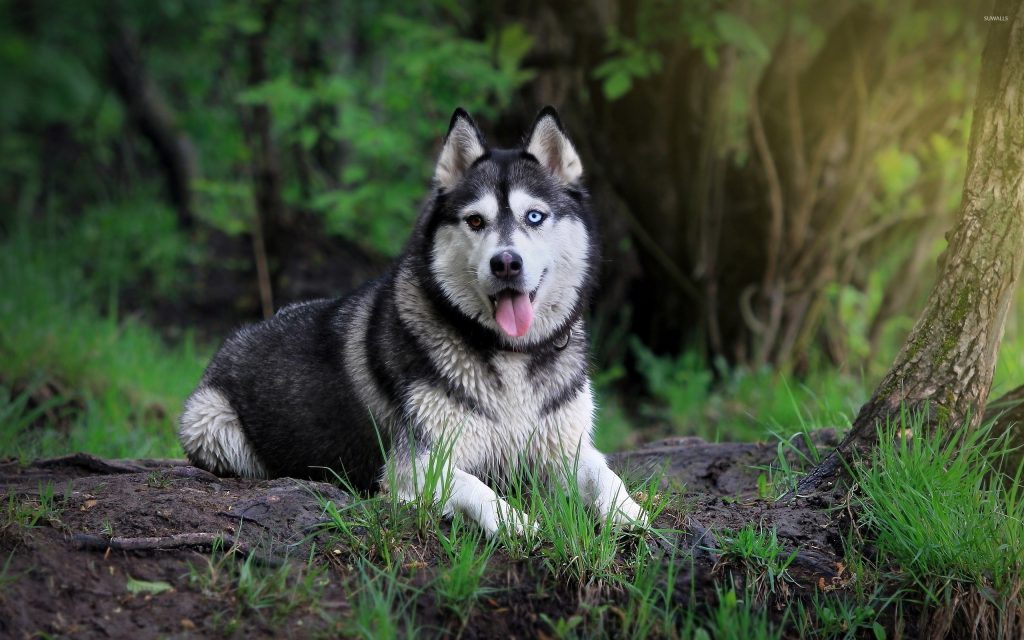
How Much to Feed Your Siberian Husky
Huskies are typically fed twice per day. Portion amounts vary based on age, size, and activity level. Guidelines per day:
- Puppies – 1-1.5 cups
- Adult sled dogs – 4-5 cups
- Adult pet huskies – 1.5-2 cups
- Seniors – 1-1.5 cups
Monitor body condition and adjust amounts accordingly to maintain ideal weight.
Tips for Feeding Siberian Huskies
- Provide extra hydration for active sled dogs
- Supplement with oils like coconut, fish, krill
- Mix in fresh meats, eggs, veggies for variety
- Use slow feed bowls to prevent gulping
- Supervise mealtimes if prone to food aggression
- Avoid overfeeding to prevent obesity
The Ideal Siberian Husky Diet
Siberian Huskies thrive on a diet rich in quality proteins and fats tailored to their high activity levels. Choosing foods with whole ingredients that mimic their ancestral diet supports muscle development, energy for work and play, stamina, and lifelong health for this remarkable breed.
